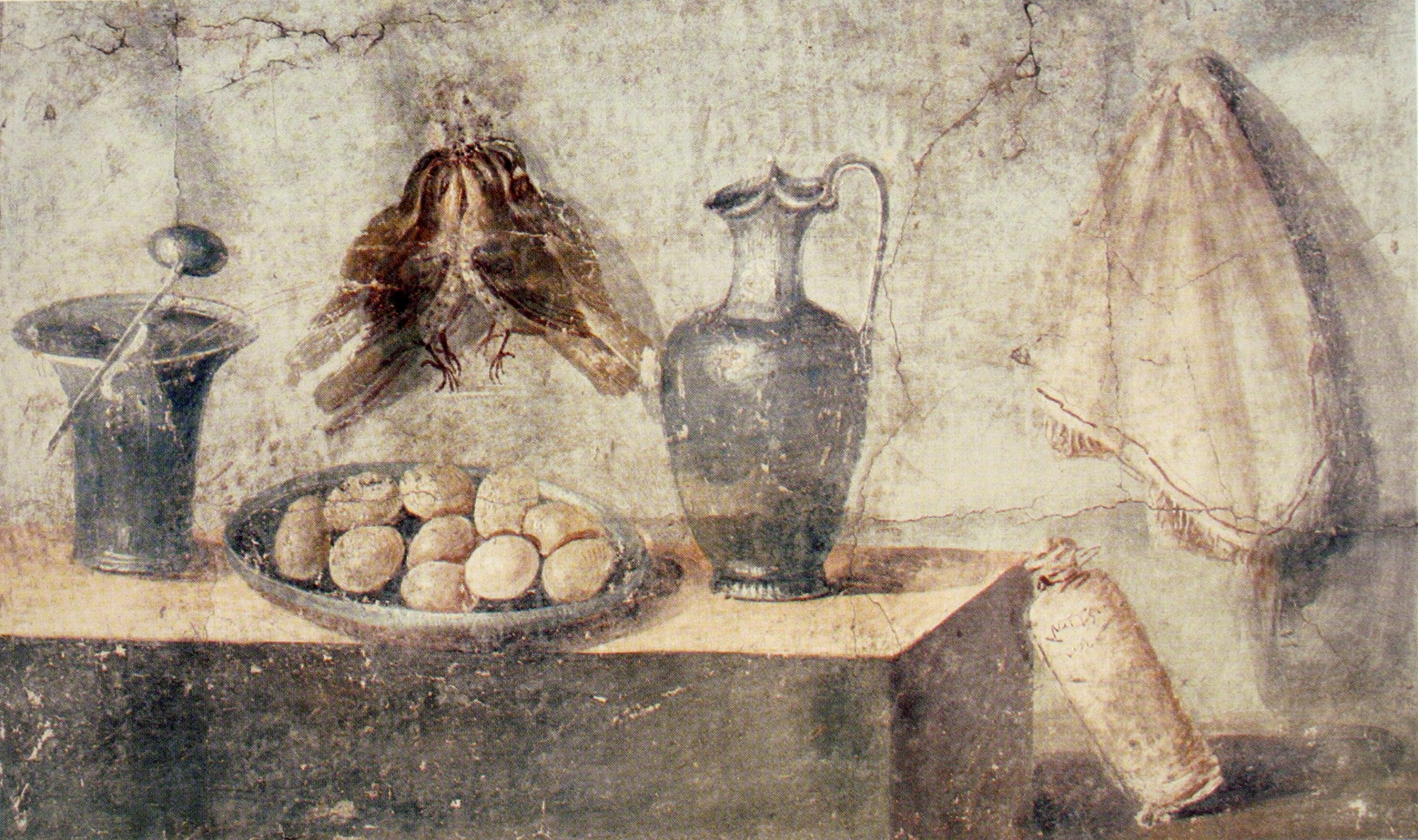
Ancient Roman fresco of eggs, birds, and bronze dishes from the House of Julia Felix
Givers of great dinners know few enemies.
Martial
The governance of food supplies was an indispensable part of the Ancient Roman lifestyle. And it is today too, but today it is much easier with electricity, smart fridges, and other benefits of modern technology. But back then, it was different with Ancient Roman food. The Romans developed a precise art of preserving it. Without that, maybe Ancient Roman food wouldn’t be so fascinating. Apicius, also known as De re culinaria or De re coquinaria, probably compiled in the fifth century AD, a collection of recipes, brings also the little secrets of managing food supplies that made the Roman cuisine high-quality. So, the following are some questions that Romans were interested in and the answers Apicius gives.
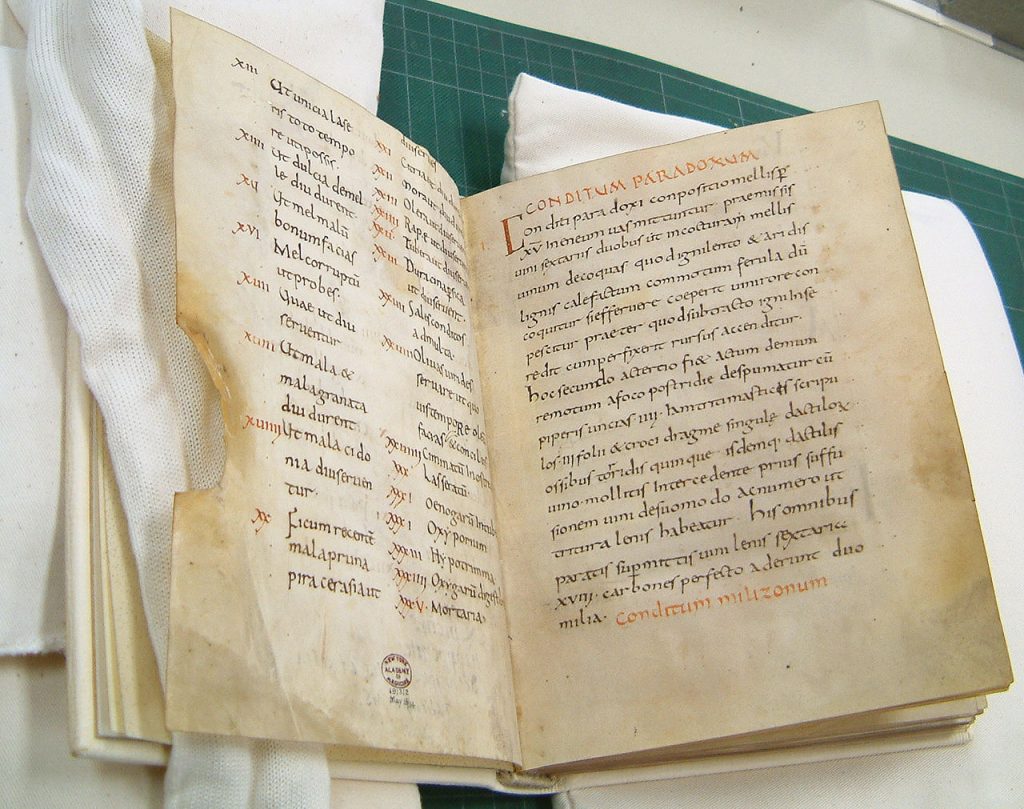
How do You Make Dark Wine White?
How do you make dark wine white? You put a filter made of beans or an egg (specifically the white) into a flask, and shake it for a very long time. If you add salt, it will be white, and white vine ash does the same.
About Improved Garum
If garum (fish sauce) has developed a bad odor, put it into a clean vessel and purify it with laurel and cypress. And pour it for use before eating. If it is too salty, add a sextarius of honey and nine sprigs of an aromatic herb. This will correct it, and fresh must (unfermented grape juice) also works the same way.
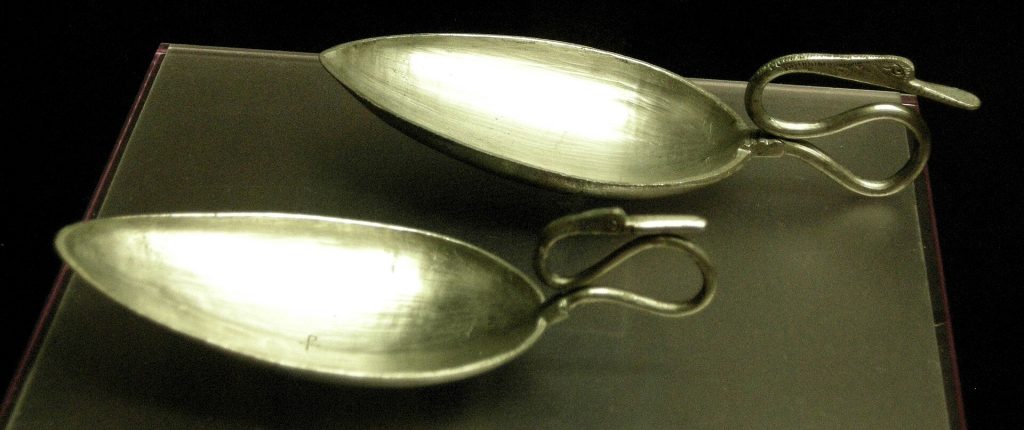
How do You Make Meat Fresh Without Salt?
Cover fresh meat of whatever type you want with honey. But the vessel should be hung, and use it when you wish. This works better in winter.
Pork or Beef Callus
To preserve tough cuts of pork or beef, and cooked legumes or nuts, for a long time: Prepare a mustard sauce with vinegar, salt, and honey. Submerge figs in this sauce until they are fully covered. When you wish to use the preserved meat or kernels, you will be surprised by their longevity and flavor.
How Can Salty Meat be Made Sweet?
You will make salty meat sweet if you first cook it in milk and then in water.
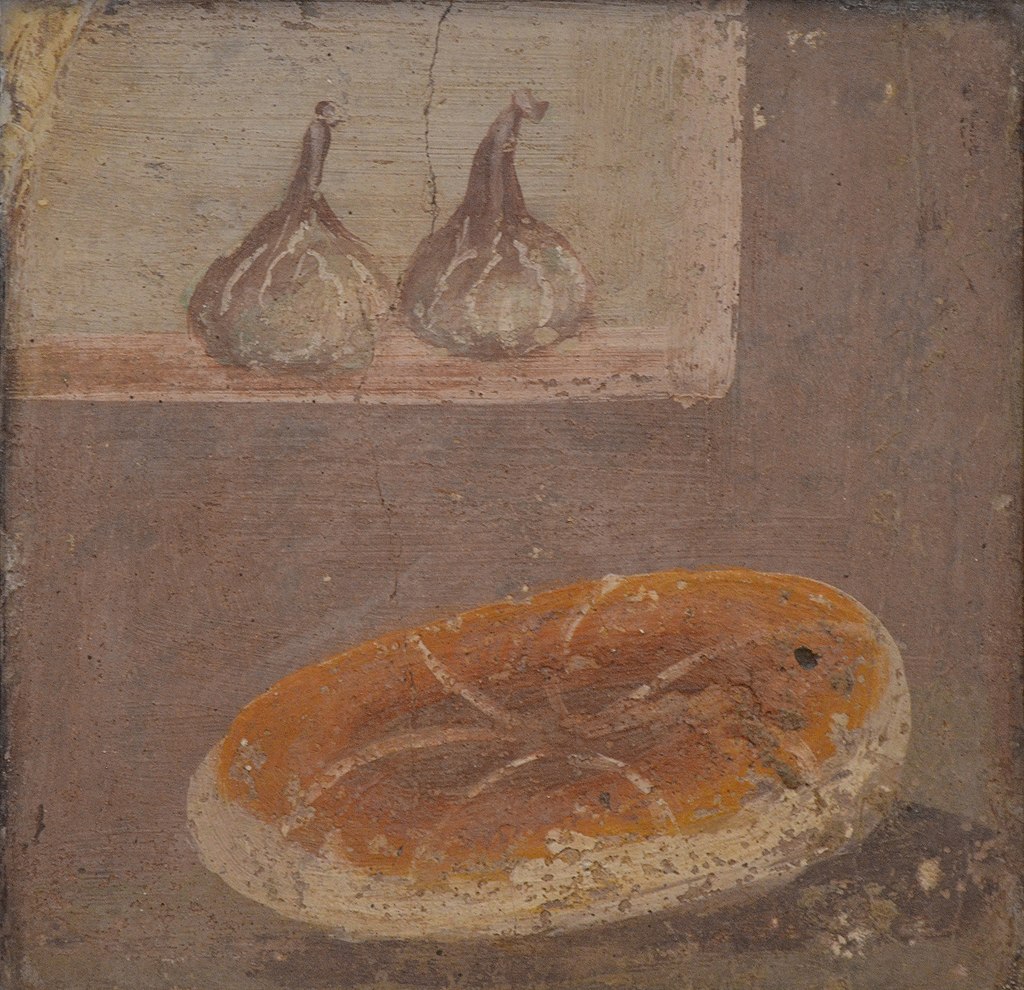
How Can Fresh Fish Last a Long Time?
How can fresh fish last a long time? At the same moment it is fried and lifted (from the oil), pour hot vinegar over it.
How Can Oysters Last a Long Time?
How can oysters last a long time? Begin by cleaning a small, pitch-sealed jar, either by washing it out with vinegar or rinsing it thoroughly if it previously contained vinegar. Once clean, carefully arrange your fresh oysters within the jar.
How Can Sweet Honey Last a Long Time?
How can sweet honey last a long time? Get a suitable container (like what the Greeks call a ‘nechonus’). Then, prepare flour and mix it with the honey at the time you intend to make your sweets.
Making Bad Honey Good
How to make bad honey good for selling? You mix together one part bad honey with two parts good.
Testing Bad Honey
How to test bad honey? Pour helenium (likely a plant or extract) into honey and set it on fire. If it isn’t bad, it shines.
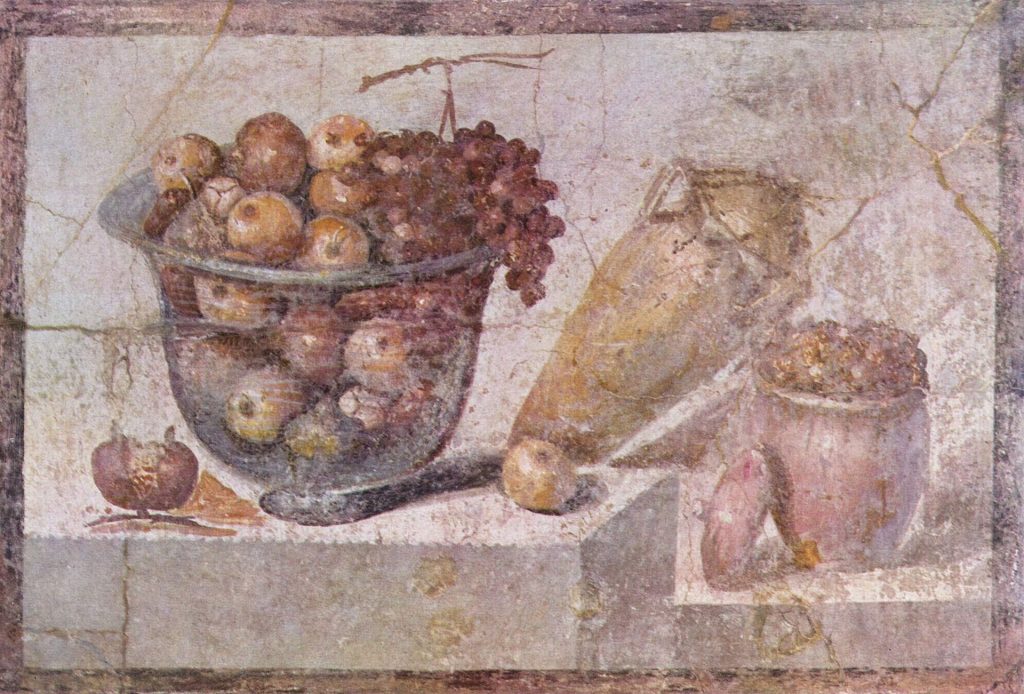
How do You Preserve Fruit?
How are fresh figs, plums, and pears preserved? They are preserved with wax, so they last a long time. Carefully tie all of them with their stems, and place them in a basket so they don’t touch each other.
Keeping Vegetables for a Long Time
How are vegetables kept for a long time? Place selected vegetables that are not fully ripe into a pitched (sealed) jar.
Seasoned Salts
These seasoned salts, prepared in various ways, are used for digestion, to aid with bowel movements, and as a defense against all diseases and even plague.
